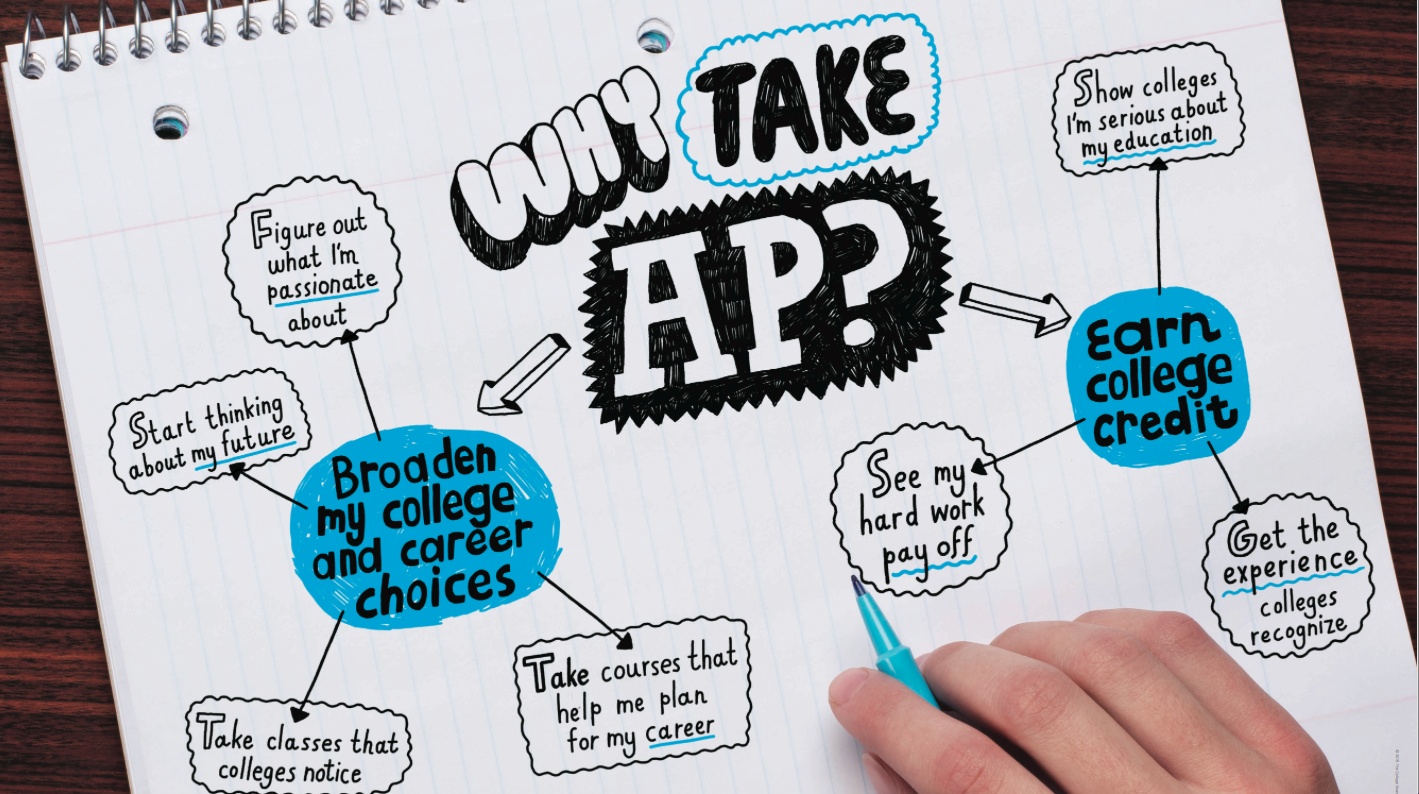The personal essay is one of the components of the Common Application for college admissions. While it isn’t weighted as heavily as factors such as grades and standardized test scores, your personal essay can indeed make or break your application. A strong essay can set you ahead of students who have similar grades and SAT/ACT scores as you. Likewise, a weak essay can undermine an otherwise stellar application.
The personal essay is a space to showcase your character, personality, and story to admissions officers. It paints a more holistic picture of who you are as a person beyond the stats.
Guidelines
Choose one of the provided Common App essay prompts and respond in 650 words or less. These are the prompts for the 2018-2019 admissions season:
1. Some students have a background, identity, interest, or talent that is so meaningful they believe their application would be incomplete without it. If this sounds like you, then please share your story.
2. The lessons we take from obstacles we encounter can be fundamental to later success. Recount a time when you faced a challenge, setback, or failure. How did it affect you, and what did you learn from the experience?
3. Reflect on a time when you questioned or challenged a belief or idea. What prompted your thinking? What was the outcome?
4. Describe a problem you’ve solved or a problem you’d like to solve. It can be an intellectual challenge, a research query, an ethical dilemma – anything that is of personal importance, no matter the scale. Explain its significance to you and what steps you took or could be taken to identify a solution.
5. Discuss an accomplishment, event, or realization that sparked a period of personal growth and a new understanding of yourself or others.
6. Describe a topic, idea, or concept you find so engaging that it makes you lose all track of time. Why does it captivate you? What or who do you turn to when you want to learn more?
7. Share an essay on any topic of your choice. It can be one you’ve already written, one that responds to a different prompt, or one of your own design.
Essay Writing Tips
- Take the time to brainstorm. It may be the case that none of the prompts speak to you immediately. That’s okay. Go through each prompt and jot down some notes on potential topics you can write about for each one. Then narrow it down to a topic on which you have a significant story to tell.
- Organization is everything. Always outline before you begin writing. Outlining looks different for everyone – find an outlining method that works for you and organize your ideas in a coherent and logical manner.
- Use concrete examples. It’s not enough to state that you are passionate about environmental issues. Instead, highlight an experience that illustrates how you are passionate about environmental issues. Be specific and detailed in your examples.
- Analyze, don’t just summarize. Don’t spend the bulk of your essay merely describing an anecdote. You should certainly give an overview of the situation at hand, but the majority of the essay should be spent reflecting on the meaning and impact of the situation, rather than simply summarizing what happened.
- Use sophisticated vocabulary. Since your essay is used to determine your college readiness, it’s important to utilize college-level vocabulary. That said, make sure you are using these vocabulary words correctly as well!
- Avoid bragging. Many students use their college essay as little more than a chance to show off one or more of their impressive accomplishments. This is a wasted opportunity. Your essay is a space to demonstrate to colleges that you are a thoughtful and self-aware person who can analyze their experiences from a place of humility. While it’s wonderful that you scored the winning point and led your varsity basketball team to victory, what did you learn from that experience?
- Proofread, proofread, proofread. Proper grammar, spelling, and punctuation are non-negotiable.
- Get feedback. Give your essay to a few qualified individuals you trust, such as your college counselor or English teacher. Having these additional perspectives will enable you to view your essay more objectively and identify potential areas of improvement you may not have considered on your own. Use the constructive criticism from others to help you revise your essay as you see fit.
Above all, write about what matters to you. If you truly care about the story you are telling, your integrity will demonstrate itself on the page. A genuine, well-crafted personal essay can only strengthen your college application.












